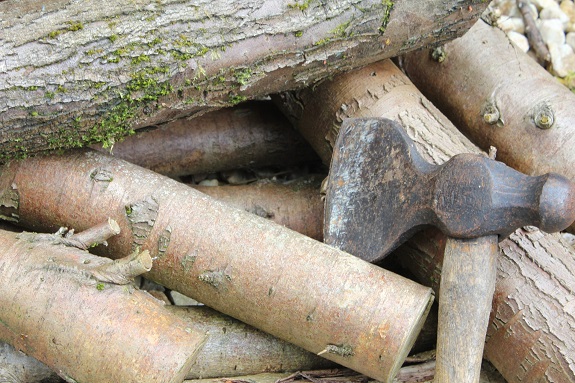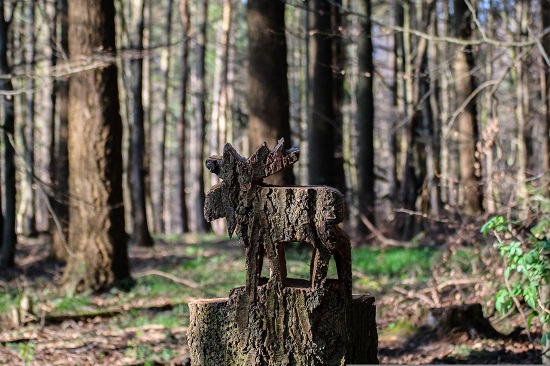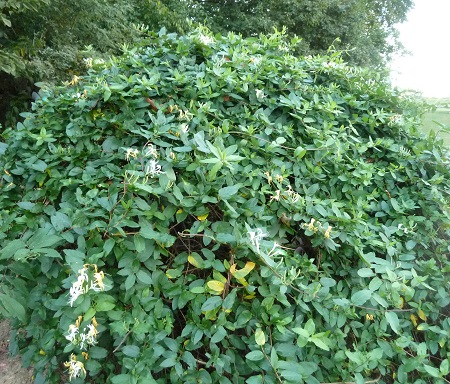Putting on the Ritz
 During Christmas, we see examples of putting on the Ritz all around us.
During Christmas, we see examples of putting on the Ritz all around us.
- Elaborate decorations
- Rich food
- Lavish gifts (and lots of them)
- Lovely lights
Those of us who usually live simple lives go overboard in December.
Putting on the Ritz refers to the Ritz Hotels.
Those hotels offer a life of luxury. Only the wealthy can afford them. Occasionally, we may save enough money to enjoy that lifestyle for a few days. Sadly, some of us charge now and pay much more than the original cost later.
Fred Astaire made the Irving Berlin song, “Putting on the Ritz” popular.
When we put on the Ritz, we act rich and stylish.
We may not be able to afford to live high on the hog. Yet, we pretend we can. We like special treatment. An occasional splurge may lift our spirits.
However, let’s never forget those who need the basics.
Many in our world don’t have enough food, heat, shelter, or clothing. This Christmas and throughout the year, let’s brighten their lives by sharing with them.
“Do not store up for yourselves treasures on earth, where moths and vermin destroy, and where thieves break in and steal. But store up for yourselves treasures in heaven, where moths and vermin do not destroy, and where thieves do not break in and steal” (Matthew 6:19-20 NIV).
Thanks to Lindy Pierce for the suggestion. Image by Annette Meyer from Pixabay
Do you have an expression you want explained or a thought about this one? If so, please comment below.
Subscribe to receive my weekly posts by email and receive a free copy of “Words of Hope for Days that Hurt.”
If you enjoyed this post, please share it with your friends.











